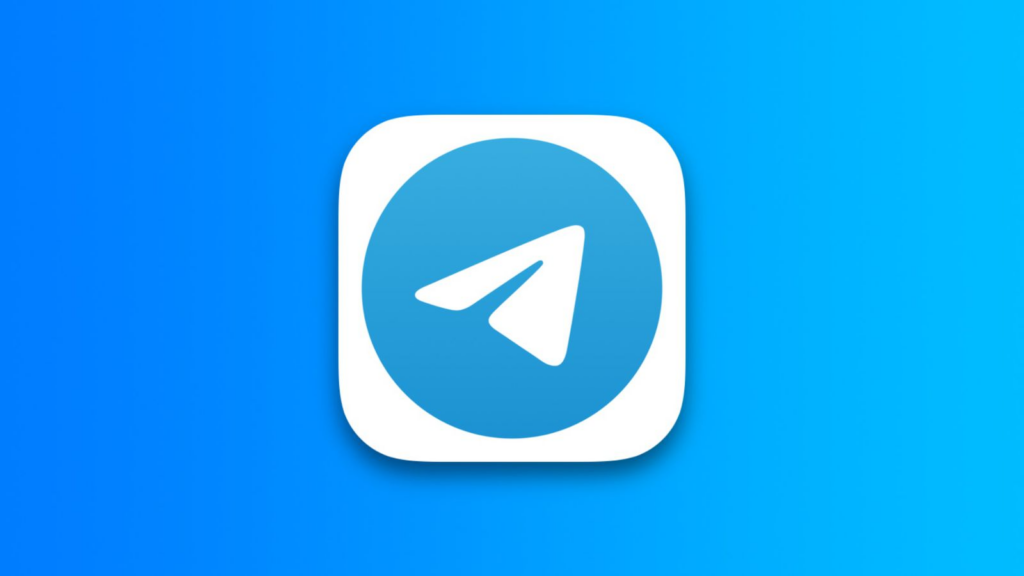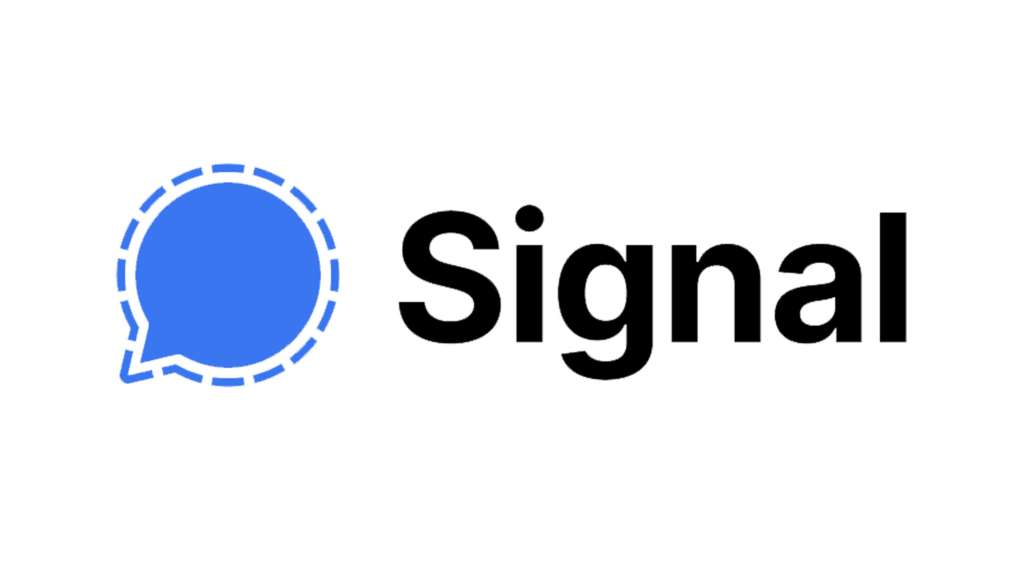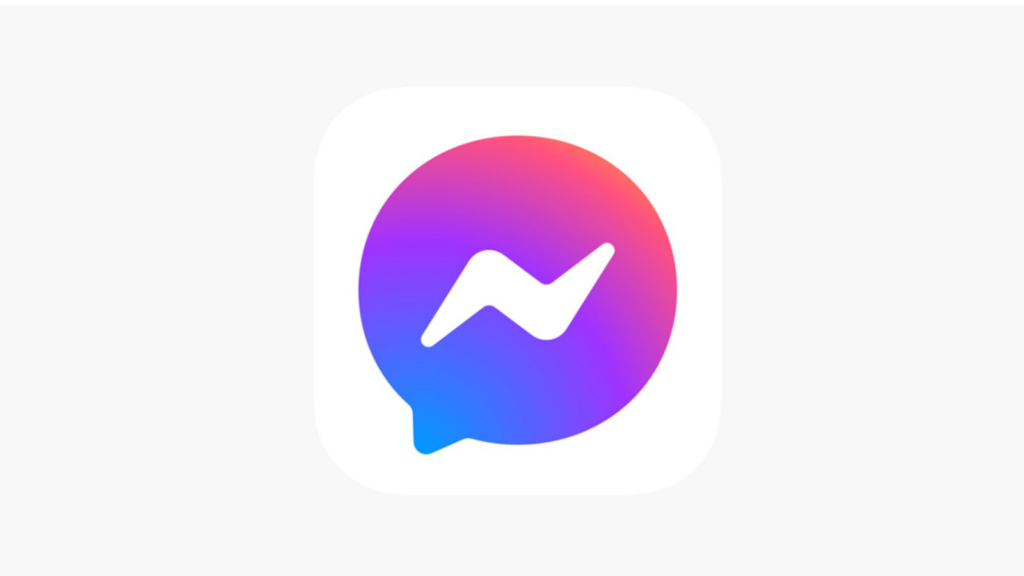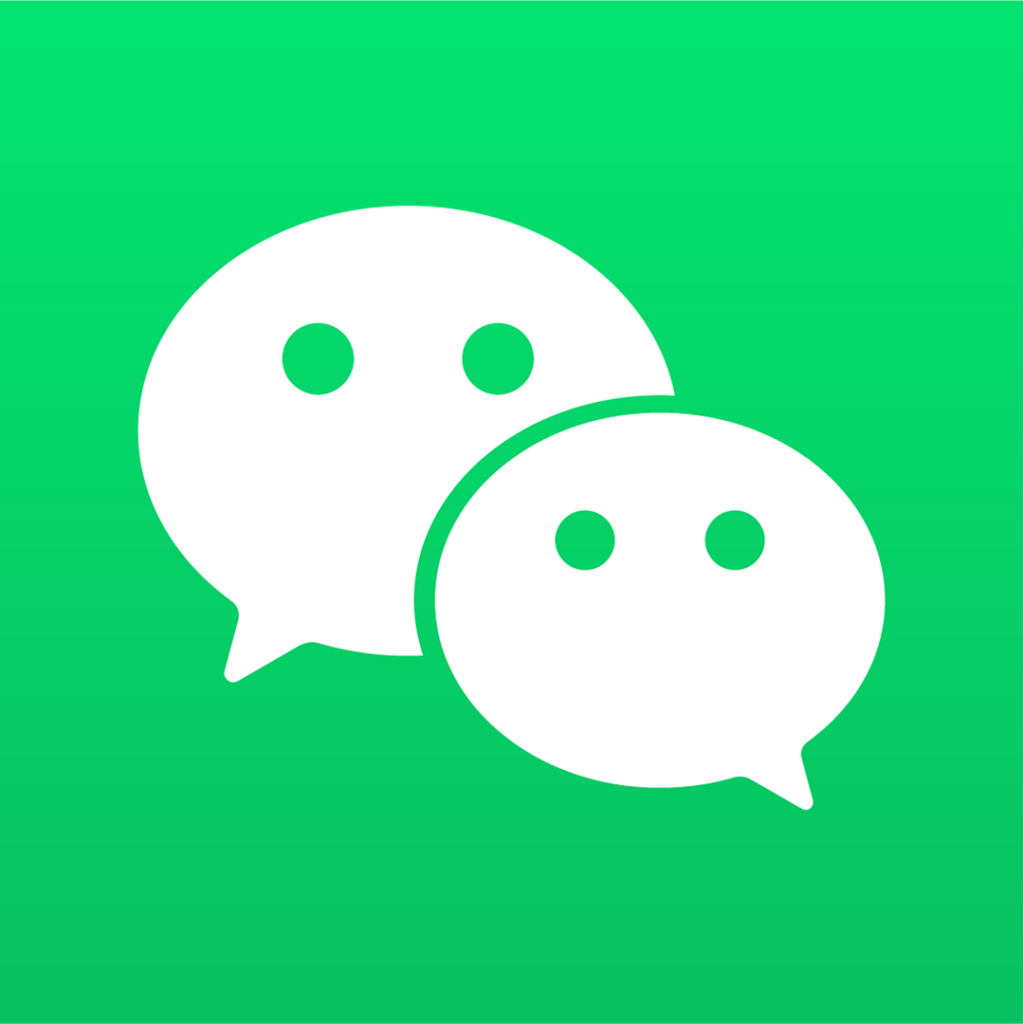WhatsApp is a widely used messaging application that allows users to send text messages, make voice and video calls, share media files, and engage in group chats. Founded in 2009 and acquired by Facebook in 2014, WhatsApp has grown to become one of the most popular messaging platforms globally, boasting over two billion users. It supports cross-platform functionality, meaning it can be used on smartphones (iOS and Android), as well as on desktop computers via a web browser or dedicated desktop app.
One of WhatsApp’s key features is its end-to-end encryption, which ensures that messages and calls remain private and secure between the sender and receiver. This has contributed to its appeal for personal communication as well as for businesses looking to maintain confidentiality in their interactions with customers.
In addition to basic messaging capabilities, WhatsApp offers features such as voice and video calling, which have become increasingly popular, especially in regions where mobile data is more affordable than traditional voice calls. Group chats allow multiple users to communicate simultaneously, making it convenient for friends, families, and work teams to stay connected.
Why need Apps Like?
Apps are valuable because they streamline tasks, provide convenience, and offer access to information and services on-the-go. They can enhance productivity, facilitate communication, entertain, educate, and assist with various daily activities. For instance, productivity apps help with time management and organization, social apps connect people globally, entertainment apps offer media content, and educational apps facilitate learning. Overall, apps cater to diverse needs and preferences, making them indispensable in modern digital lifestyles.
Apps Like
- Telegram
- Signal
- Facebook Messenger
- Skype
1. Telegram

Telegram is a cloud-based messaging app known for its focus on speed and security. It allows users to send messages, photos, videos, and files of any type, with end-to-end encryption for enhanced privacy. Telegram supports group chats with up to 200,000 members, making it popular for large communities and channels. It also offers features like voice calls, stickers, and bots that can automate tasks or provide information. Telegram’s cross-platform availability enables seamless synchronization across devices, including smartphones, tablets, and desktops, enhancing its accessibility and usability for users worldwide.
2. Signal

Signal is a secure messaging app renowned for its robust privacy features and end-to-end encryption. Developed by the non-profit Signal Foundation, it ensures that messages, calls, and media shared between users are protected from eavesdropping and interception. Signal’s commitment to privacy extends to not collecting metadata and offering features like disappearing messages for enhanced security. It is open-source, allowing public scrutiny of its code to ensure transparency and trustworthiness.
3. Facebook Messenger

Facebook Messenger is a popular messaging app developed by Facebook that allows users to send text messages, voice messages, photos, and videos, as well as make voice and video calls. Integrated with the Facebook platform, Messenger provides a seamless communication experience among Facebook friends and beyond, enabling users to connect instantly. It also supports group chats, stickers, GIFs, and a variety of interactive features such as games and bots.
4. WeChat

WeChat is a multifaceted social media and messaging app developed by Tencent, widely used in China and gaining popularity globally. Launched in 2011, it has evolved into a super app that integrates a variety of services beyond messaging, including social networking through its Moments feature, mobile payments via WeChat Pay, and a broad range of mini-programs for shopping, gaming, and other daily activities. With over a billion monthly active users, WeChat is an essential part of daily life for many, offering a seamless blend of communication, entertainment, and financial services all within a single platform.
5. Skype

Skype is a widely used communication platform that allows users to make voice and video calls, send instant messages, and share files over the internet. Developed by Microsoft, Skype offers both free and paid services, including international calling to mobile phones and landlines. It supports individual and group calls, making it a popular choice for personal and professional communication. Skype’s user-friendly interface and cross-platform availability on Windows, macOS, iOS, Android, and web browsers ensure that users can stay connected from virtually any device.
Our Recommendation
We suggest you to use Telegram because it is a cloud-based messaging app known for its focus on speed and security. It allows users to send messages, photos, videos, and files of any type, with end-to-end encryption for enhanced privacy. Telegram supports group chats with up to 200,000 members, making it popular for large communities and channels. It also offers features like voice calls, stickers, and bots that can automate tasks or provide information. Telegram’s cross-platform availability enables seamless synchronization across devices, including smartphones, tablets, and desktops, enhancing its accessibility and usability for users worldwide.


